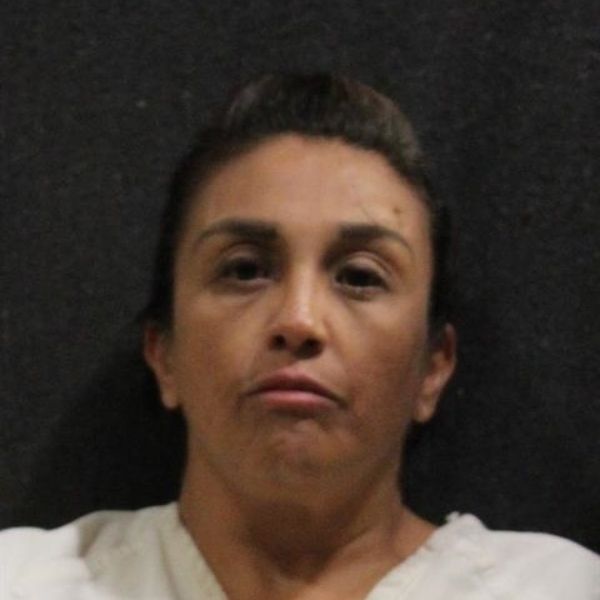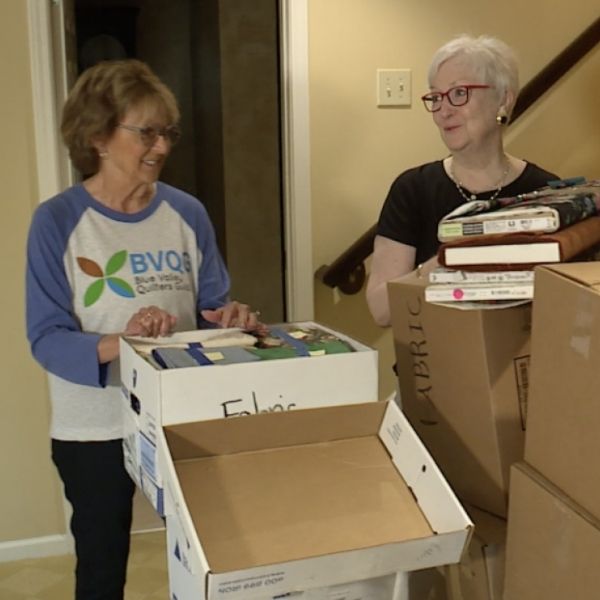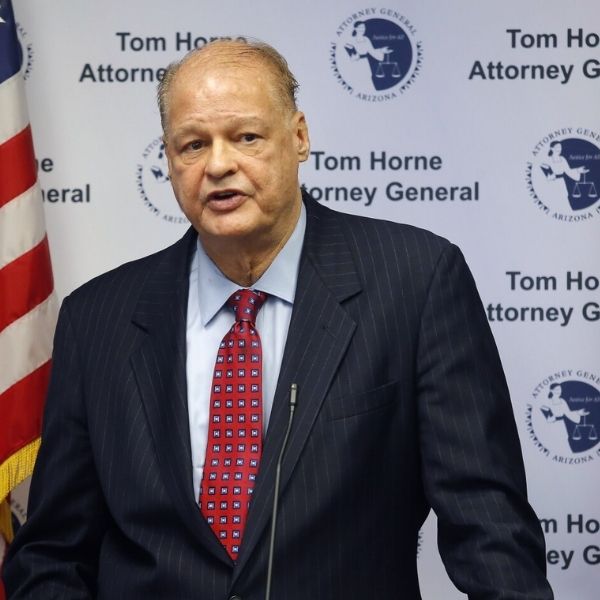The Arizona Court of Appeals has rejected Superintendent of Public Instruction Tom Horne’s appeal in a lawsuit challenging the use of dual language programs for English learners in public schools.
The court ruled that Horne has “no role in determining the instruction models available to schools,” stating that this authority lies with the Arizona State Board of Education, which oversees both structured and non-structured English immersion models.
Horne responded by saying he plans to appeal the July 17 decision.
“I think the Department of Education does have standing,” Horne said. “We’ve been given a lot of responsibilities by the Legislature to monitor the teaching of English language to students,” and he argued that the department should be able to take legal action against schools not following the law.
Governor Katie Hobbs and Attorney General Kris Mayes have both backed school districts in their use of dual language programs to teach English learners.
Dual Language Programs Under Scrutiny
More school districts across Arizona have adopted dual language models, where students spend part of the day learning in English and part in another language, typically Spanish or Mandarin.
Horne has long contended that Proposition 203, a measure passed by voters in 2000, requires English learners to be taught through English immersion. The law does allow exceptions with parental waivers or under specific conditions.
However, in 2019, state lawmakers and then-Governor Doug Ducey passed legislation directing the State Board of Education to expand English learning options. In 2020, the board introduced four new models, including dual language programs.
Lawsuits Filed and Dismissed
In 2024, Maricopa County Superior Court Judge Katherine Cooper dismissed Horne’s original lawsuit, ruling that he lacked legal standing to sue the districts. Horne appealed the decision and announced plans to support a new lawsuit—this time filed by a parent.
That second lawsuit was brought by Patricia Pellett, a Scottsdale parent, against the Creighton Elementary School District in Phoenix. Although Pellett has no child enrolled in the district, Horne argued that Proposition 203 allows “any parent of a child in a school in Arizona to sue to enforce that initiative.”
The second case was also dismissed, with the judge ruling that Pellett did not have the legal authority to sue. The case is currently on appeal. Pellett is represented by Horne’s wife, Carmen Chenal Horne.
This article has been carefully fact-checked by our editorial team to ensure accuracy and eliminate any misleading information. We are committed to maintaining the highest standards of integrity in our content.
















Leave a Reply